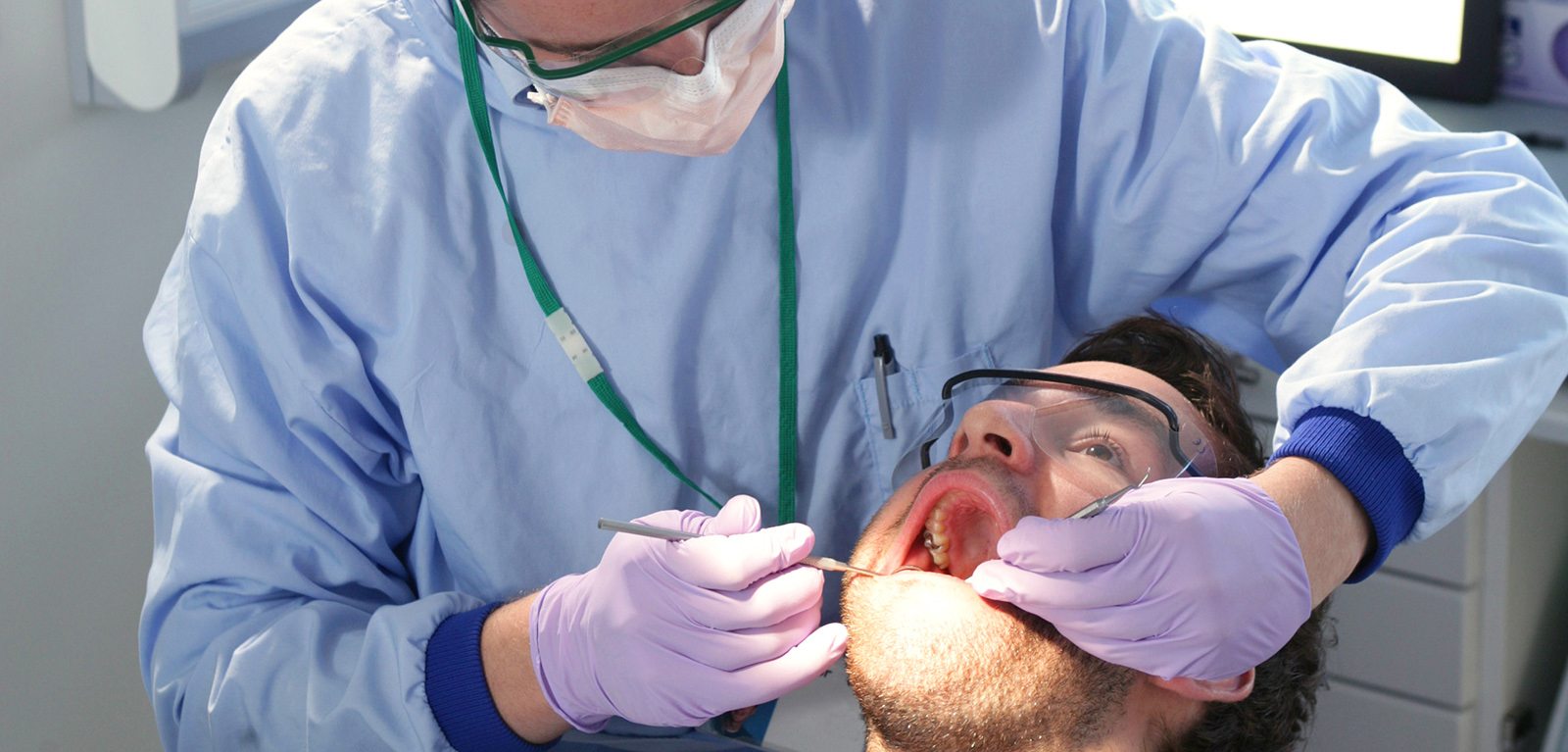Queen’s Research Shows Aspirin Could Repair Tooth Decay
Researchers at Queen’s University Belfast have discovered that aspirin could reverse the effects of tooth decay resulting in a reduction in the need for fillings. Currently about 7 million fillings are provided by the NHS each year in England alone.

Tooth decay is the most common dental disease worldwide. Tooth decay imposes a huge financial burden on the NHS, particularly in Northern Ireland which has the highest prevalence in the UK.
Tooth decay leads to the destruction of the tooth structure, formation of cavities and subsequent inflammation of the tooth nerve causing toothache. Current treatment for tooth decay involves fillings, where dentists will restore the cavity or hole using a synthetic material that doesn’t resemble the natural tooth structure and may need to be replaced many times during the life time of the tooth.
Researchers at Queen’s University Belfast have discovered that aspirin could offer an alternative solution to restoring a tooth affected by decay. The research findings, to be presented today (7 September 2017) at the British Society for Oral and Dental Research Annual Conference, show that aspirin can enhance the function of stem cells found in the teeth thus helping self-repair by regenerating lost tooth structure.
The researchers combined genomics and novel bioinformatics to identify aspirin as a candidate drug with properties that stimulate existing stem cells in the tooth to enhance the regeneration of the damaged tooth structure. Treatment of stem cells from teeth with low-dose aspirin significantly increased mineralisation and the expression of genes responsible for forming dentine, the hard tooth structure that is usually damaged by decay. This novel discovery coupled with the known anti-inflammatory and pain relieving effects of aspirin could provide a unique solution for controlling tooth nerve inflammation and pain while promoting natural tooth repair.
The principal investigator Dr El Karim said: “There is huge potential to change our approach to one of the biggest dental challenges we face. Our initial research findings in the laboratory suggest that the use of aspirin, a drug already licensed for human use, could offer an immediate innovative solution enabling our teeth to repair themselves.
“Our next step will be to develop an appropriate delivery system to test the drug efficacy in a clinical trial. This novel approach could not only increase the long-term survival of teeth but could also result in huge savings for the NHS and other healthcare systems worldwide.”
